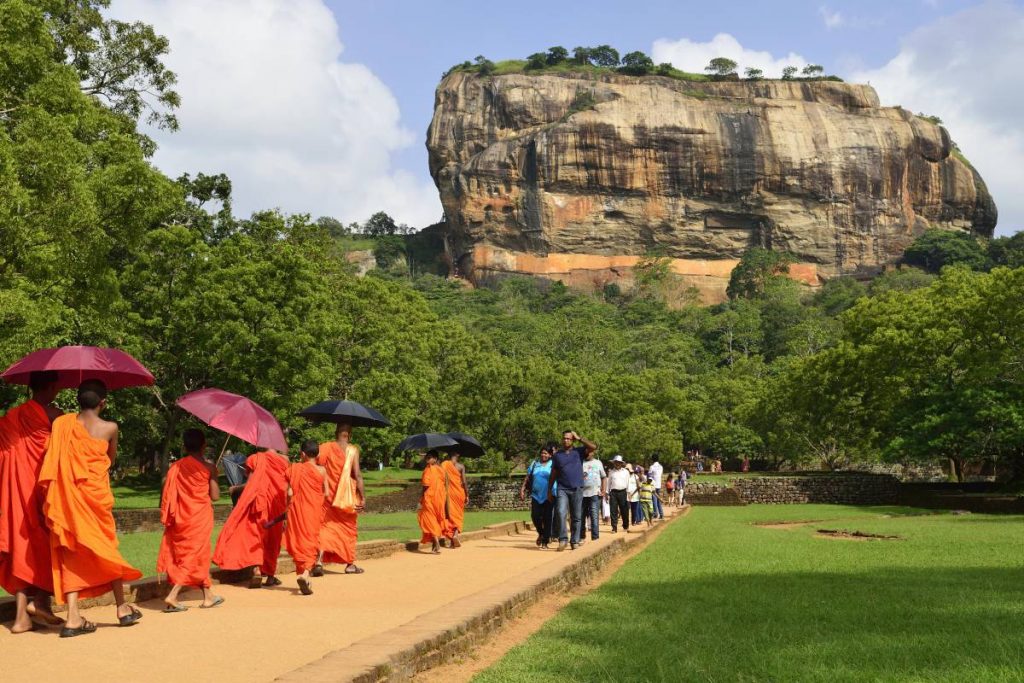Tourist arrivals in Sri Lanka tumbled 7.5 percent in April from a year ago, as travellers shunned the island nation after the deadly Easter Sunday bombings, a senior official of the state tourism bureau said.
“This is a direct impact of the attacks. There were a lot of cancellations,” said Kishu Gomes, chairman of the Sri Lanka Tourism Development Authority told Reuters.
Foreign visitors in April fell to 166,975 compared with 180,429 in the same month a year ago, marking the single biggest monthly slump since the end of a civil war a decade ago.
More than 250 people were killed, including 42 foreign nationals, when suicide bombers attacked churches and luxury hotels across the Indian Ocean Island on April 21.
Dismantled network
Sri Lankan authorities say they have dismantled a major part of the network linked to the Easter Sunday bombings, confiscating bomb-making material and freezing assets worth about $40 million linked to the plotters.
In an audio statement issued by the defence ministry on Monday, acting police chief Chandana Wickramaratne said almost all suspects and plotters involved in the April 21 attacks had either been arrested or were dead.
“There were also two people among that group of plotters who are experts in bombs and those two are dead now,” Wickramarate said. “They had stored part of the explosives for future attacks and we have confiscated all of this.”
Investigators are still tracking down 10 more key players associated with plotting the bombings, which killed more than 250 people, including 42 foreigners, a military source told Reuters on Tuesday.
“The investigations show there were another 8 to 10 people who attended meetings with the other plotters,” the source said.
Assets worth about $40 million belonging to the bombers and plotters linked to the April 21 attacks have been frozen, police spokesman Ruwan Gunesekera said.
Sri Lankan authorities have said the bombings were believed to have been carried out by two little-known domestic Islamist groups, the National Tawheed Jamaath (NTJ) and Jamathei Millathu Ibrahim (JMI). Islamic State has claimed responsibility.
Investigators from eight countries, including the U.S. Federal Bureau of Investigation and Interpol, are helping Sri Lanka with the investigation.
In focus are whether the plotters had any foreign help, the sources of funding and if the bombers had any credible link to Islamic State.
Sri Lankan President Maithripala Sirisena told Reuters over the weekend that all indications pointed to Islamic State involvement.






